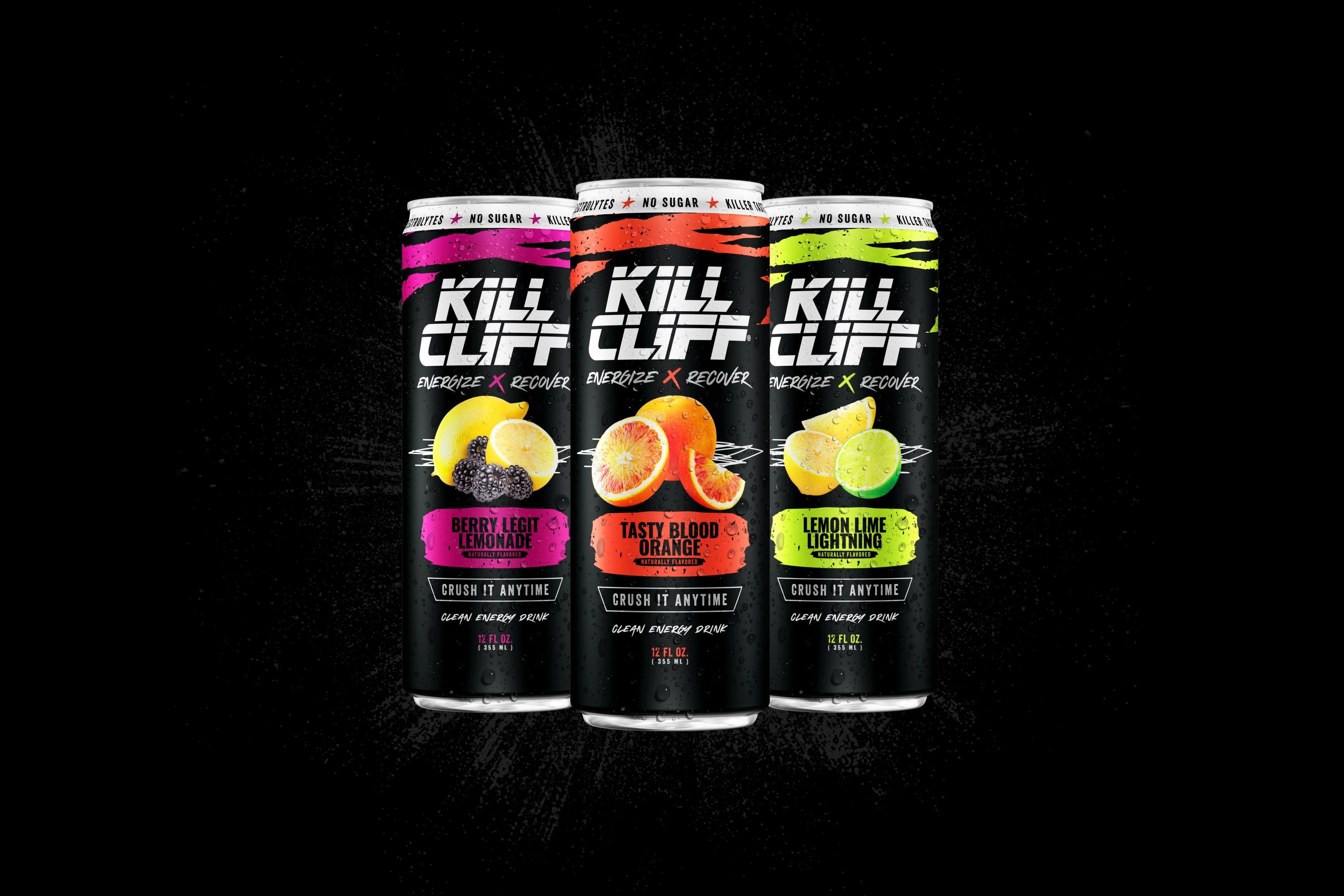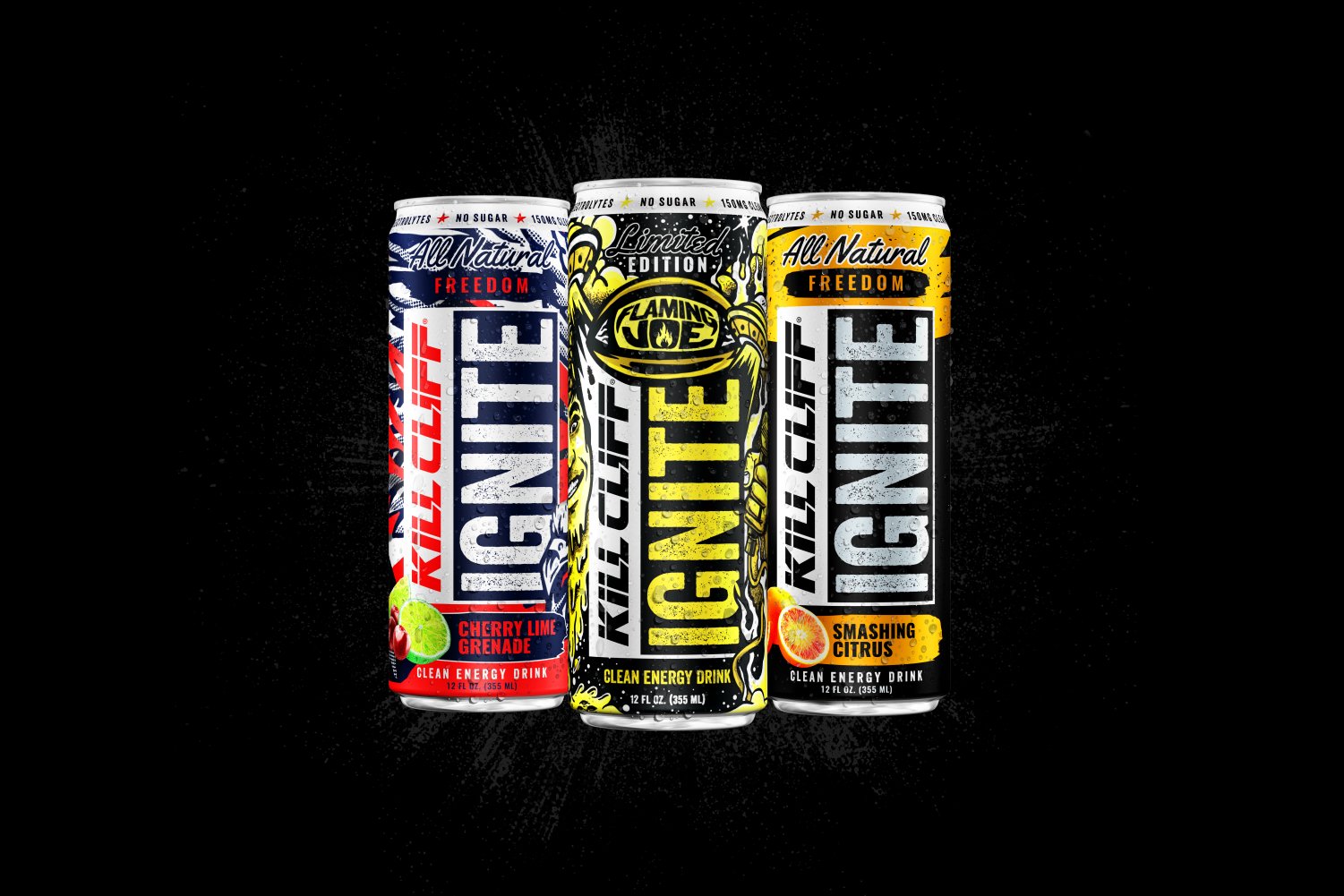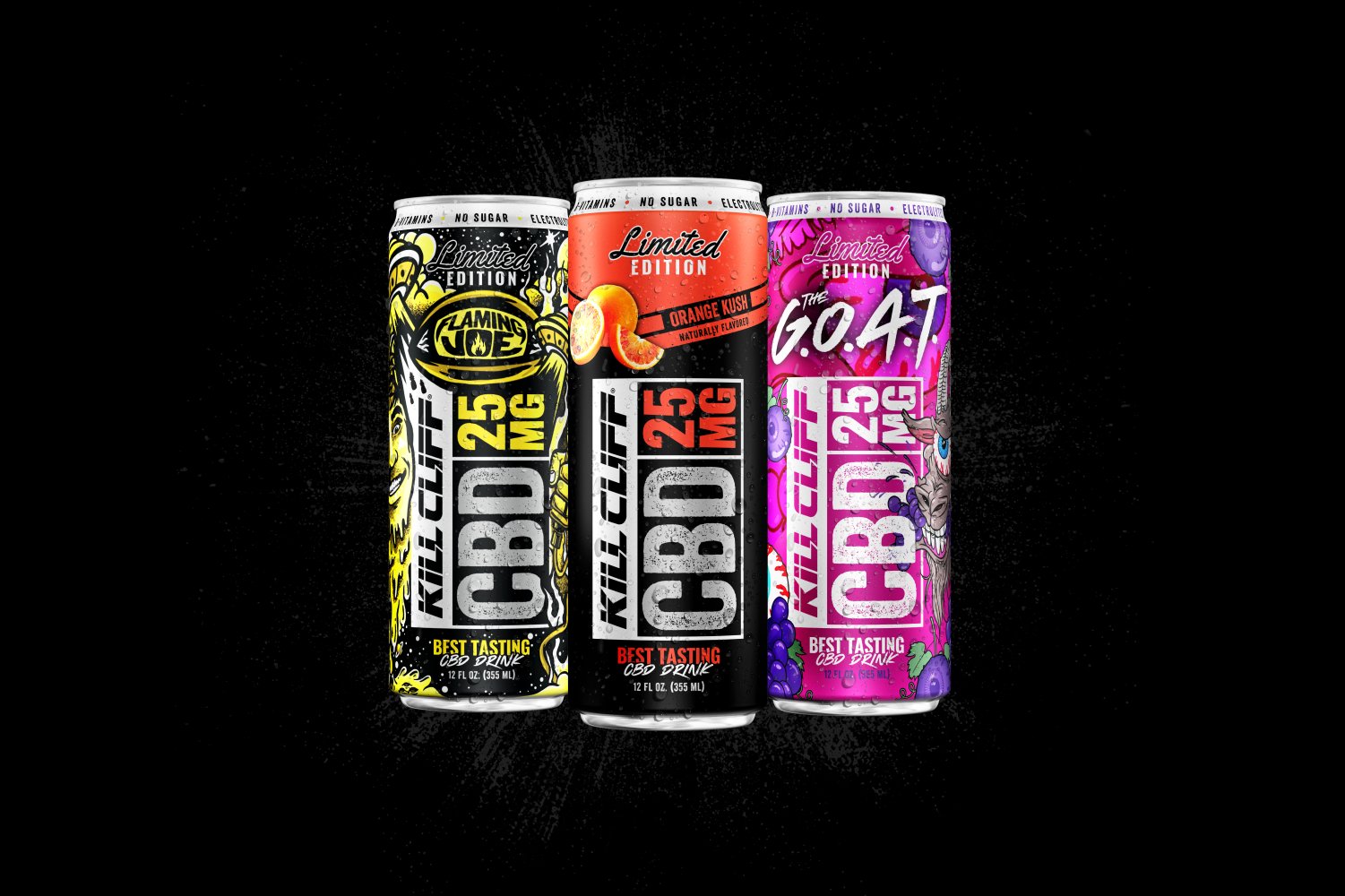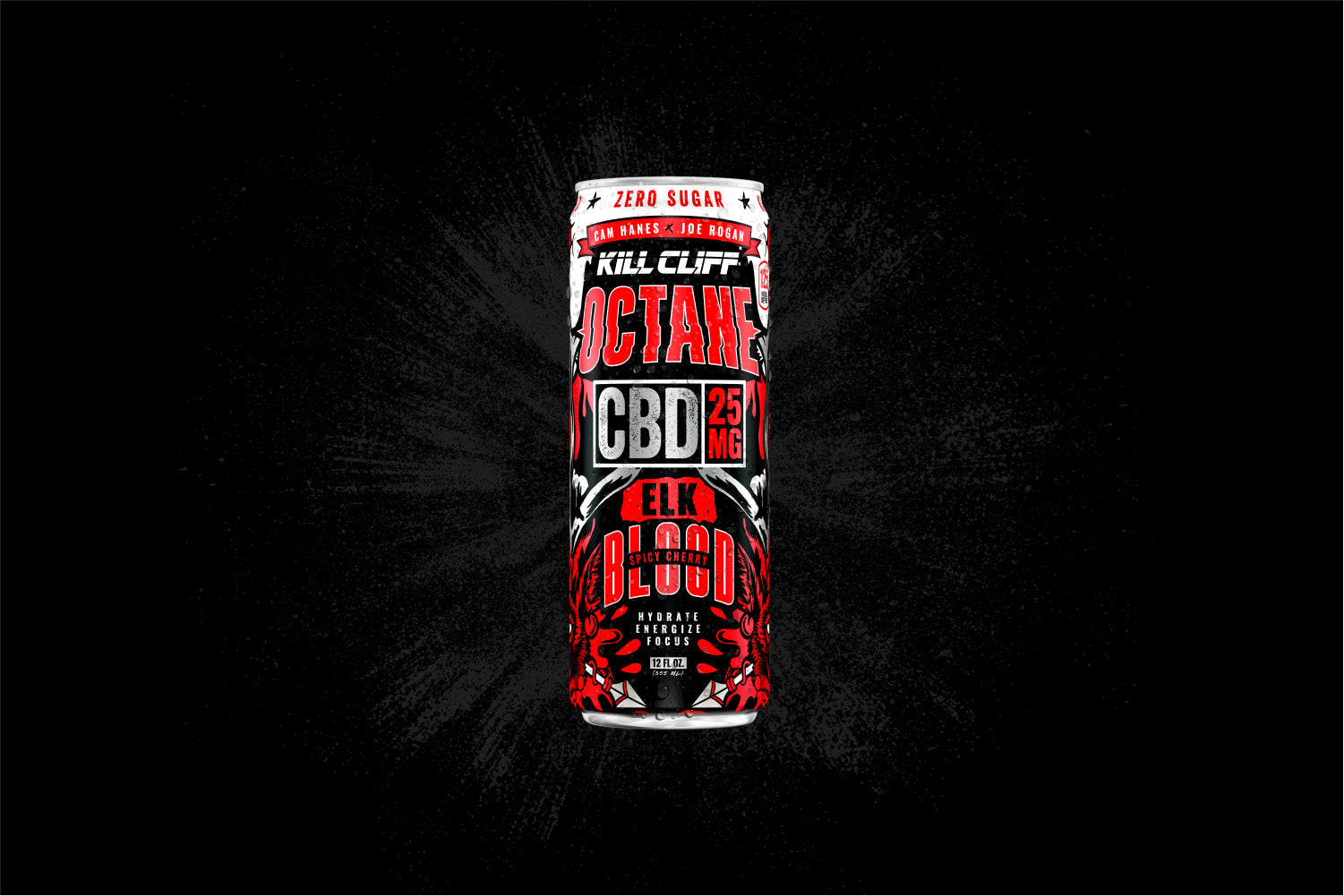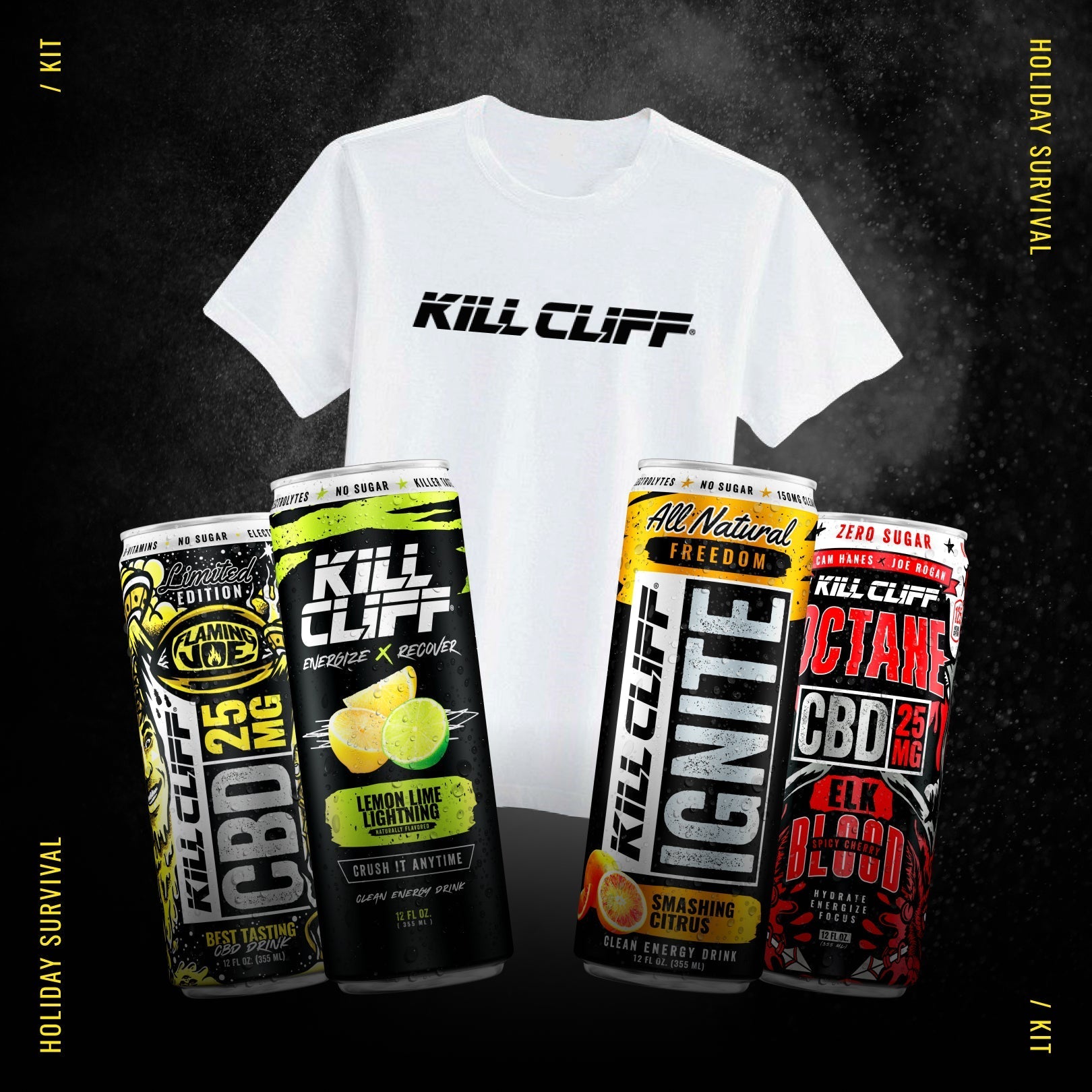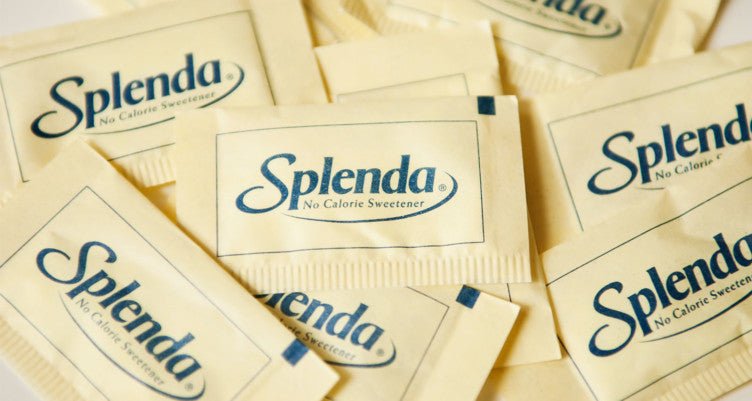
You know what you put in your body matters. As American consumers become more health conscious, companies increasingly boast that their products contain "zero sugar" or "zero calories.” But how are companies creating zero sugar products? And most importantly, is it safe?
SPLENDA = SUCRALOSE
"Zero sugar" products are manufactured using artificial sweeteners. One of the most popular artificial sweeteners is sucralose. The sweet replacement is used in many sugar-free versions of your favorite drinks, including:
- Sugar-free Red Bull
- Sugar-free Rockstar
- Sugar-free Monster
- Diet Coke with Splenda
- Minute Maid Sparkling fruit-flavored drinks
- Powerade Zero
- Dasani flavored waters.
- Diet Pepsi
- Sprite Zero
- Mountain Dew Kickstart
- Diet Mountain Dew
- Diet Lipton teas
- Gatorade G2
- Propel
- Pure Leaf diet iced teas
So, the next time you run to the grocery store, be sure to investigate products’ ingredient labels. You will start to see sucralose on an alarming number of low-calorie products. While you may not know much about sucralose, you probably know the sweetener by its common brand name: Splenda. Splenda, a synthetic sugar that isn’t recognized by the body, is a sucralose-based product.
THE DANGERS OF SUCRALOSE
Sucralose is a chemical compound that was first discovered through the development of insecticides. While the chemical was never intended to be consumed, sucralose is now the most used artificial sweetener in the world. Let’s take a look at why the world needs to rethink its unhealthy relationship with Splenda and other sucralose products.
Gut damage
Despite being around since the 1990s, there has not been a ton of human research done on the effects of sucralose. There have been sucralose studies conducted on rats showing damage to good gut bacteria. The rats that were fed sucralose saw a 50% decrease in beneficial gut bacteria while also experiencing a rise in their intestinal pH and heightened enzyme levels. The heightened enzyme levels could impede their ability to absorb nutrients.
High risk of cancer?
There have also been studies linking sucralose to a higher risk of cancer in studies done with rats. The rats were fed doses of sucralose throughout their entire lives. The male rats that were given higher doses of sucralose were found to have a higher risk of cancer.
Impact on Diabetes
Sucralose has also been found to increase blood glucose levels and insulin levels while decreasing sensitivity, which could negatively impact people with diabetes who are consuming sucralose to manage blood glucose levels. While Splenda and sucralose have been marketed as the silver bullet for American obesity and diabetes, we cannot continue to be duped by this line of thinking. In fact, drinking one diet drink a day has been shown to correlate with a 36% greater risk for metabolic syndrome and 67% jump in likelihood of type two diabetes.
Bad digestion
Sucralose is made by attaching chlorine molecules to normal white sugar. These chlorine molecules much harder for you to digest, which leads to you not being able to metabolize the sweetener. As a result, sucralose passes through the body undigested and builds up in fat cells.
Creates carcinogens
Studies show that when heated, sucralose forms chloropropanols, which are possible carcinogens. With most products containing sucralose having been heated at some point in the cooking process, it's a risk you shouldn't take.
ARE THERE BETTER SUGAR-FREE SWEETENERS THAT ARE SAFER THAN SUCRALOSE?
Of course! Erythritol and Stevia are two natural sugar alternatives that can be used instead of dangerous artificial sugars. These sugar alternatives are generally found in small amounts in fruits and vegetables.
Erythritol only has 6% of the calories of sugar but retains 70% of the sweetness. Erythritol doesn’t spike your blood sugar or insulin, so this makes it a great sugar substitute for diabetics. Studies have shown that erythritol acts as an antioxidant, reducing blood vessel damage that has been caused by high blood sugar levels. Erythritol also will not cause your teeth to decay, unlike sugar and other artificial sweeteners.
Stevia also makes for a great natural sugar substitute. Stevia has no calories and is 200x sweeter than sugar. Studies have shown that stevia has the potential for treating diseases such as obesity, diabetes, and hypertension. Antioxidant compounds, including kaempferol, can be found in Stevia. Studies have shown that kaempferol can reduce the risk of pancreatic cancer by 23%.
WHAT'S A GOOD SODA REPLACEMENT THAT DOESN'T USE SPLENDA/SUCRALOSE?
KILL CLIFF drinks are loaded with B Vitamins, a specialized blend of plant extracts, enzymes (both natural anti-inflammatories), and electrolytes to support hydration to help you get back to full speed.
Sweetened with Stevia and Ethyritol, drinking KILL CLIFF means you still get a sweet-tasting beverage without the dangerous risks of sucralose or Splenda.
